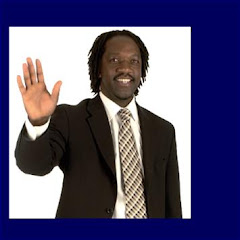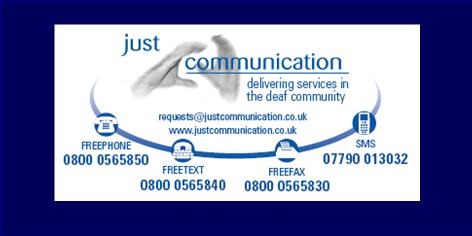A CLUB for Oldham’s young deaf people is going from strength to strength two years after its formation reports Marina Berry (03/08/11)
The people behind it are now urging more to join. Anjum Raza, known as Raz, and his wife, Bharti, who is profoundly deaf, were long-term regulars at Oldham Deaf Club, a social club in Park Road.
“It’s great for a talk and a drink,” said Raz, “but we thought it would be good if there was a second club for young people who wanted to do the kind of activities which take place in youth clubs.”
Raz (36) and Bharti (38) drafted in a friend, Waheed Chohan (29), and together they set about forming Oldham Deaf Diverse Community.
It meets fortnightly on Saturdays behind the Lyceum, Union Street, Oldham, and is a storming success.
Raz explained: “We wanted to form a social club for young deaf people and their families so they could interact in positive activities both socially and educationally.
“People came just to see what we were offering, and never stopped coming.
“Young deaf people in Oldham don’t have a lot to do, and we wanted to have a club where they could come and do whatever they like.
“Being deaf doesn’t stop people doing anything they want to, and we want people to come along and try us out to see if they like us.”
Raz added: “We do so many things it’s hard to list them all.
“We go on trips, give people the opportunity to try new experiences both in and out of Oldham, and we run workshops on everything from developing job skills to crafts.
“We are now planning our first three-day residential outing in October,”
The organisation, finalists in the Chronicle’s Pride in Oldham awards in 2009, is run purely by volunteers who give up their time to make sure it works.
They also work to raise deaf awareness, and run a “sign circle,” where people can learn basic sign language, visit schools and youth clubs to teach sign language, and give tips to anyone on how to communicate with a deaf person.
Raz said: “There are on average at least 50 people join us every fortnight, and 80 per cent of those are deaf.
“Others who come include siblings, parents, and people who work in schools and colleges and want to learn more about communicating with deaf people.”
Keen to get the message out that there is somewhere for deaf people to go to have fun, Raz added: “It’s a fantastic club, just come and try us.”
For information contact Raz on 0797 3236171 or pop in to the club on Saturday, August 27 (4-8pm).





